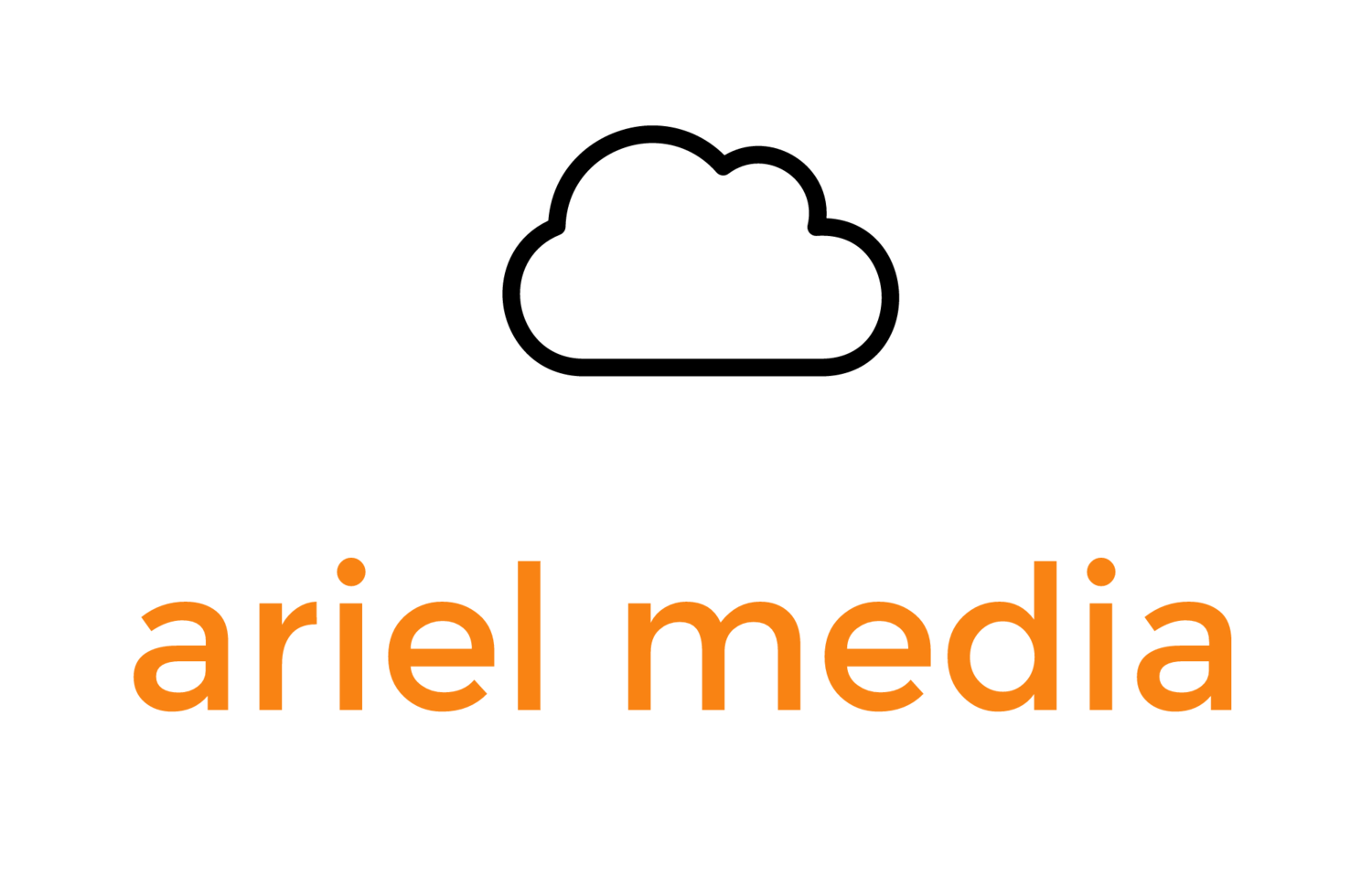I don't enjoy watching murder mysteries for fun. In terms of subject matter, I find it hard to care about the 'why' in the case of serial killers on TV. Often the insanity portrayed on screen, amounts to meme pollution I'd rather avoid.
In the case of True Detective series 1, written by Nic Pizzolatto and commissioned by HBO, we see two Louisiana State Police homicide detectives hunt for a serial killer across 17 years. Matthew McConaughey and Woody Harrelson offer fascinating performances and technical characterisation to this series' murky story world.
As a content choice, it's not that this scenario wasn't interesting, it's just that I don't want the 'experience'. As we know, a TV series is a significant investment of time and viscerally quite immersive. Seeing crime scenes and disturbing motifs may not be on the surface particularly fun, I need constant reminders that it's all just scaffolding for bigger themes and ideas.
To watch a genre I don't enjoy, I need to sort out quickly what the text's trying to explore, so that I can pull myself out of the immersive experience and think about how the filmmaking elements are working together to make this happen.
After watching the first two episodes of True Detectives and feeling a bit spooked (i.e.: fascinated but not enjoying the icky stuff), I found myself searching for interviews with the filmmakers - it's not that I wasn't getting a lot from the show, it's just that I need more to continue happily.
Writer Nic Pizzolatto and Director Cary Joji Fukunaga provided excellent commentary about each episode, that flowed seamlessly after the end credits on an iTunes/Apple TV experience. This way of watching drama, i.e.: key text plus commentary, is hardly that of a marginal few viewers. As we saw with online views of Game of Thrones, most people not waiting for the linear traditional broadcast would always get the opportunity to view the bookend filmmaker videos, if they are served in the way HBO did with True Detective.
However, for me, these filmmaker videos/promos, were hitting the plot points too carefully, perhaps helping audiences navigate the significance of each lead the detectives were following up. I found this forced us to revisit the gruesome images I was trying to avoid. When I searched further, I found this excellent link to Marian St. Laurent's fascinating meditation on the themes in True Detective. She especially was interested in charting what the series was saying about America.
http://sensitiveskinmagazine.com/america-as-afterimage-in-true-detective/
Thinking about the 'America as afterimage' definitely enhanced my enjoyment of the series. I found myself watching more carefully, thinking more about the motifs and landscape montages, loving the opening title sequence even more and finding more precisely, during the suspenseful parts that it was worth waiting to see how Rust and Hart would reconcile the experiences they were having in the story.
I found Matthew McConaughey's portrayal of Rustin Cohle utterly captivating. A deep and reflective reticence that makes you think still waters run deep. To understand what you get from Rust there's no need to go beyond the cue his detective partner Hart - Woody Harrelson offers: "He's real quiet, he doesn't talk much, until you want him to shut the fuck up".
If storytellers want to go off into dark worlds, we all need characters like Hart to keep us pinned to a safe marker of reality we think we know. Harrelson's portrayal of the macho cop, of course does have a shadow side we discover. His release is sex and through the inversion of the 'good' cop we thought was the sane one, we see that there are shadow sides of, well, anything.
For True Detective, as the filmmakers say and as the series re-confirms at the end, is about light vs dark.
In the final scene, we see Matthew McConaughey's character Rust, say to Harrelson's Hart "It's just one story, the oldest. Light versus dark". He goes on to finally assert, "If you ask me, light's winning."
Doing 'extras' for TV drama, feature film etc isn't new. We loved MadMen's video extra's where the cast and creator Matthew Weiner talked about what was happening for the characters in each scene or stage of their lives. Since AMC did this, it's all very standard to get access to 'what's going on!' from the filmmakers, but for me the original and the best deep discussion about content was Shonda Rhime's podcasts about early seasons of Grey's Anatomy.
The writers would talk for sometimes up to an hour about the significance of each challenge for the scene and the story. In this, was an exhilarating reverberation of meaning and importance which was sometimes more satisfying then the original episodes. Again, whatever you think about Grey's Anatomy, if it's not a genre you particularly like, thinking about more than just 'what happened' narratively, but rather - what is this actually about, give us a chance to - dive deeper into the meta-stories, or see clearly the bigger clues of how storytelling processes our human experience. Done well, this can serve to make richer the original text.
